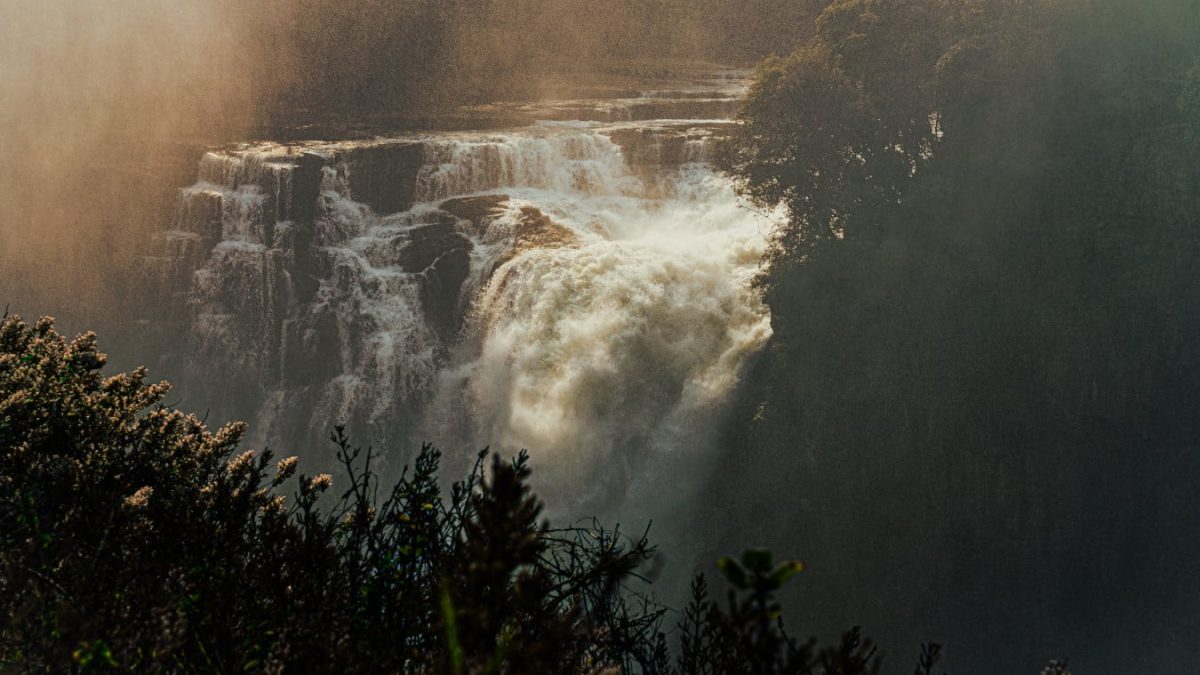Editor’s note: While we may talk about PTSD and veteran suicide a lot in the shooting community, it seems like we rarely take the time to understand the accounts of those it directly affects.
Here’s one of those stories. If you or a loved one are suffering the effects of deployments, loss, or separation from the life that we knew, there is help available via the VA. Or pick up your phone and call a friend. As an organization where more than half of our editorial staff are vets, we’ve been there.
It’s a year ago to the day that I left for South Africa. It was a trip that I had long wanted to take; however, I could never have predicted the circumstances that would bring it about — a complete disinterest in being alive any longer.
John Carughi
John Carughi is a U.S. Marine infantry veteran and marksmanship instructor, teaching handgun and carbine courses nationwide and specializing in long-range and scoped carbines. Known as Weapon Snatcher for his actions in the 2020 Seattle riots, Carughi produces weekly YouTube videos, competes in precision rifle matches, hunts, and advocates for mental health.
ROAD TO AFRICA
In 2022, I began going through one of the hardest times in my life. I felt broken down, shield-less, and without identity or protection from a calloused world. I was told I wasn’t a good person and that I was everything I despised. While I choose to keep the details private, I will say I was betrayed and abandoned in more ways than I knew possible. What it did to me emotionally, mentally, and spiritually is what I’ll speak about. And what I would later come to gain in a 240-million-year-old cave.
Six months into this time of my life I chose to leave the Pacific Northwest, an area of the world I love more than any other for its coastal and mountain terrain and specifically the sheer beauty of its rainforest. I grew up in the forest and have always imagined my life there in the mountains along the coastlines. But the situation I was in made it feel as if the land itself had abandoned me.
I learned how your body can run out of tears. It can run out of the energy it takes to grieve and process. After months of constantly being torn down, manipulated, and lied to, my body’s emotions shut down and I began to feel nothing at all. It’s an unsettling thing to experience. The only thing I felt was the pain that kept wreaking havoc on me, keeping me pinned down, and yet I didn’t recognize anything else that should affect me emotionally.
I’d go from almost hitting my brother because he walked up behind me, to uncontrollably crying while making a sandwich. I was in fight-or-flight so deep that I couldn’t recognize pain from mundane. Even when the tears stopped and I couldn’t muster them when I tried, knowing that’s how our bodies process pain, there was a recognition — almost as if looking in from the outside — that I still needed to keep feeling, keep crying, and keep processing even though I no longer had the energy or fluid needed for it.

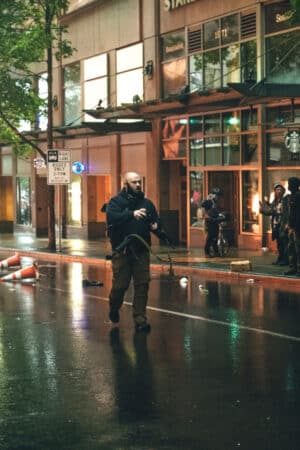
During this journey, I went through endless sleepless nights. Days on end I wouldn’t realize I hadn’t eaten. I’d have panic attacks in the middle of restless sleep and in public. There was a moment when buying steaks at a new store that I broke down in tears while paying, simply because I realized I was there only because of the circumstances I was trying to survive and wished it never happened.
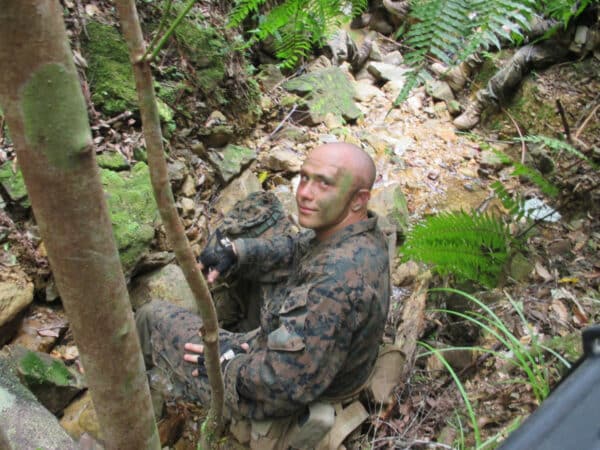
I spent the next September through July doing all I could to work through the internal turmoil that was weighing down every moment of my life. During the first six months of this, I worked through constant thoughts plaguing my mind of suicide. In all my life I hadn’t experienced the uncontrollable thoughts and emotions that were now pressing on me. I felt I was losing control of my mind. It was a series of conversations expanding on what I could and couldn’t control in life. I was trying to control the outcome of my circumstances, but what I learned was that all I could control was myself. Easier said than done.
I came to realize and accept that choosing suicide was an option I had control over, if I ever decided to take that path. The typical Western beliefs and teachings about it had never resonated with me. Through this experience, I reached my own personal conclusion: Suicide, if I chose it, was my decision alone. It’s within my control, and ultimately, it’s the most significant right I inherently possess. What I didn’t expect, however, was that reaching this conclusion felt like a handshake with the idea of suicide — a form of coming to terms with it. And surprisingly, this understanding quieted the intrusive thoughts.
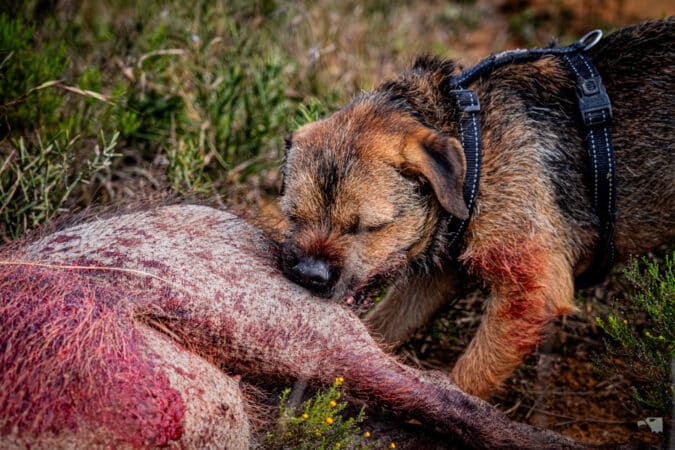
Once I accepted it as a potential option and stopped shaming myself for thinking about it, the cultural and social taboos surrounding the idea lost their grip on me. In accepting it as a path I could take, I also realized that I didn’t actually want to. Both my mind and emotions were finally in sync, and I understood that I truly did not want to take my own life.
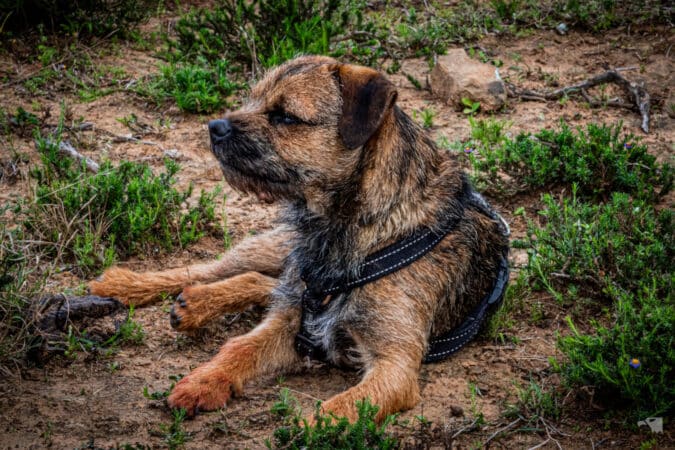
Then, one August morning, I woke up and felt something I had never felt before. Something that, even through all I had gone through and had still been going through, really scared the hell out of me. It wasn’t suicide. It was complete disinterest in living life at all. When I realized this, I rolled over and immediately started looking at flights to South Africa.
It may seem like a strange jump. Disinterest in life then suddenly searching for flights to the Dark Continent. To me, however, it seemed like the only open option. I had always wanted to see the continent. A place so wild that, in places, nature still held dominance. A land full of ancient life that’s constantly trying to kill you. Someplace that, by its very nature, forces you to fight. In a land that’s constantly trying to kill you there’s nothing better to make you feel alive, and that’s exactly what I was searching for.
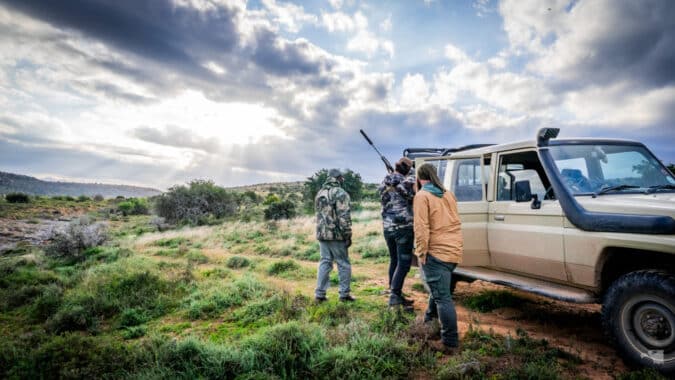
I had been fortunate in my previous life as a contractor to have contacts in the country who I could reach out to for support. Paired with shooting and media skills, I was able to leverage further support, as well as some from followers.
What followed was an immediate revival of my internal state. I had a plan of movement, a mission for emotional and mental healing through rediscovery/discovery of who I am and who I was going to become. I began upgrading my media equipment with what little money I had left, knowing that, financially, the decision to travel across the world was a terrible one, yet what I was betting I’d get out of it would be more than I could assign a monetary value to. New camera, new lens, monitors, etc.
I placed a call to a close buddy of mine, one who had been having a somewhat similar time to me the past year and asked him, “Hey, I’m going to Africa, wanna go?” To which he immediately responded, “Hell yea.” Thinking he didn’t believe I was serious I said, “No, really, I am going. Do you want to go?” To my surprise, he said, “No, really, yea, I do.” And that was all the discussion needed.
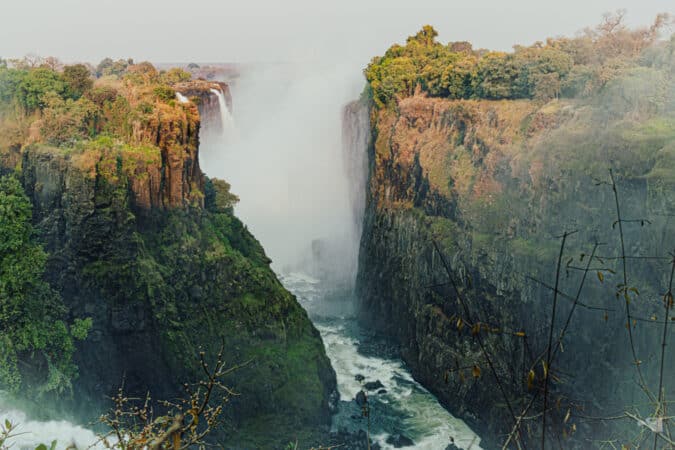
After some initial hilarious hurdles of delayed and canceled flights, we finally found ourselves in Africa — the land we all hail from. The change I was feeling in my everyday demeanor was evident. I was excited about life; I didn’t know what was to come and I couldn’t wait to find out what was next.
Our journey began at Bowker Safaris in southeastern South Africa, about two hours north of Port Elizabeth. The owner and operator of the safari outfit had been contacted by a friend of mine and after an explanation for the reasons for our travel, Meyrick Bowker opened his home to us. We stayed there a week and participated in a month’s worth of hunts on multiple species of African game — the experience of a lifetime in and of itself.
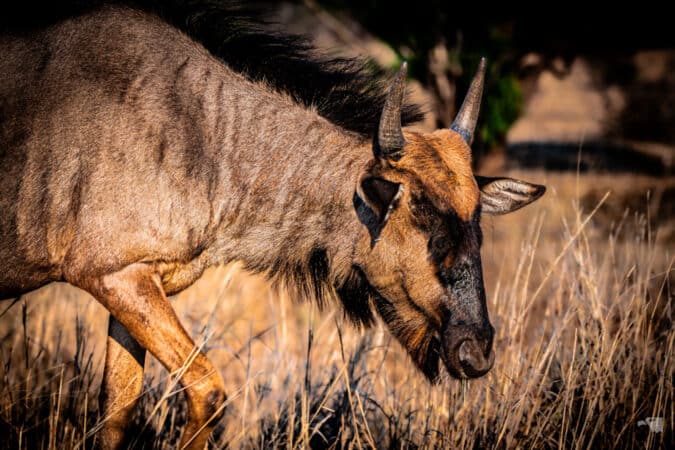
From its English-style gardens to the rustic and comfortable ranch-style living, as well as amazing home-cooked, pants-loosening game meat meals, everything about this magical place speaks to an older part of the world that now lingers in nostalgia. This was all topped by traditional manners that have largely been forgotten — the manners I grew up with, enforced by my south Texas-born father. To me, this place was like coming home to a cherished memory.
During our time there, waking up and going on hunts early in the morning and out till dark, it was easy to fall into a circadian rhythm again. When dealing with depression, everything feels like midnight, except for the intrusive sunlight that sneaks through covered windows.
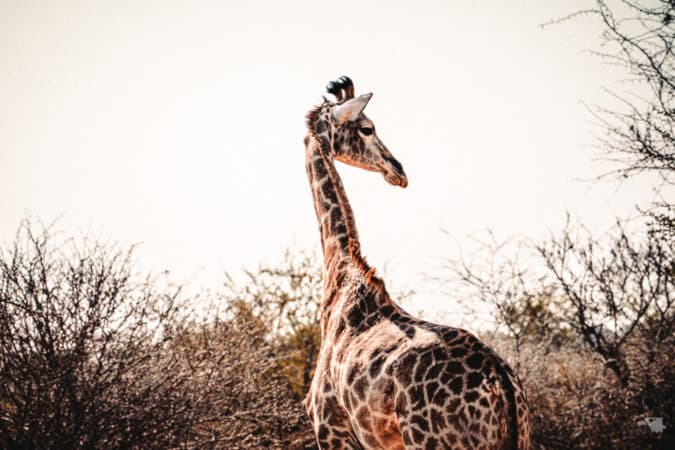
Clinicians will say that getting up early and getting outside into the sun is one of the best things you can do for yourself when battling demons. They’re right. However, when on your own, it’s rarely easy to pull yourself up from such things. Now, I had kudu, impala, warthog, blesbok, wildebeest, and all sorts of other African creatures that I had only seen in countless documentaries as a child, standing in front of me.
Getting up was made easy. And sunsets lit up the skies in fiery colors over the hills. Beforehand, I couldn’t even imagine they were real. I’ve seen sunsets in Iraq, Afghanistan, Japan, Hawaii, Italy, and many other places, but here it seemed that the land itself gets a say in the way the sun sets. Africa has its own message to be written in the colors of the sky.
Our week came to a slow end, growing to it rather than suddenly stopping. My buddy and I made our way across the country at a slow pace. Our destination was an eco-lodge in the mountains of eastern South Africa known as Mpumalanga. Wolwekrans Eco Lodge sits on a mountainside in Schoemanskloof. I had posted a few details of what I was looking to do while visiting South Africa to Instagram. One of the owners of Wolwekrans reached out and offered up one of the lodges for us for as long as we wanted. We jumped at the opportunity.
After several days of travel, we arrived at a little country store to meet the owner. We had to leave our vehicle in a locked area to ride to the top of the mountain, as the road up was too rough for our rental.
What followed were views over a valley for the next five days that seemed to last forever, yet passed too fast in the moment. Giraffes, monkeys, and baboons were the entertainment each day. I was glad I had packed my shooting tripod from Two Vets Tripods out with me and the Apex binoculars I use for spotting on the range with students, as well as a drone to capture shots from the air.
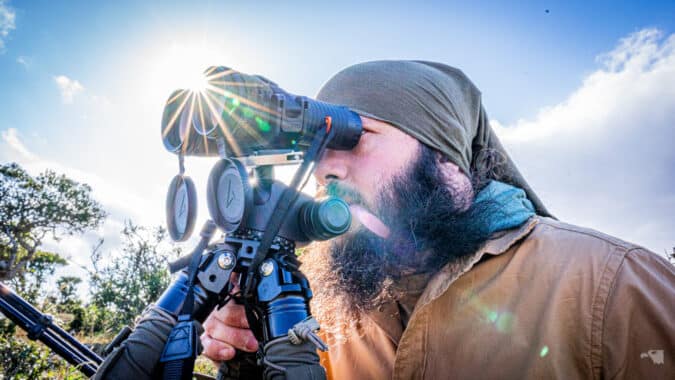
Three things I remember most about the time at Wolwekrans. The first being that there was a day where my buddy and I inadvertently slept in shifts the entire day. Just hard sleep, like I hadn’t slept in years, and it had finally caught up with me. The second thing I remember ties in with the third. Nightmares of pain and loss that had plagued me for years at this point had finally subsided.
The final thing that sticks out most is the fact that it wasn’t just happening to me, but to my buddy as well. We were both experiencing the same thing. No dreams, deeper sleep, and less emotional stress and anxiety. That one day, the day of endless sleep, was like the world finally said, “I’ll wait for you; take the time you need and rest. It’s OK.” We took full advantage. One of my favorite parts was watching the monkeys in the trees and the baboons from across the valley as the world was silent around me, the only sound being wind through the trees. For a day — just for a day — the world let it be.
Unlike our time at Bowker Safaris, ending our time at Wolwekrans seemed abrupt, as if we were being reluctantly pulled back into the world and the high mountains were high enough to hold the world back.
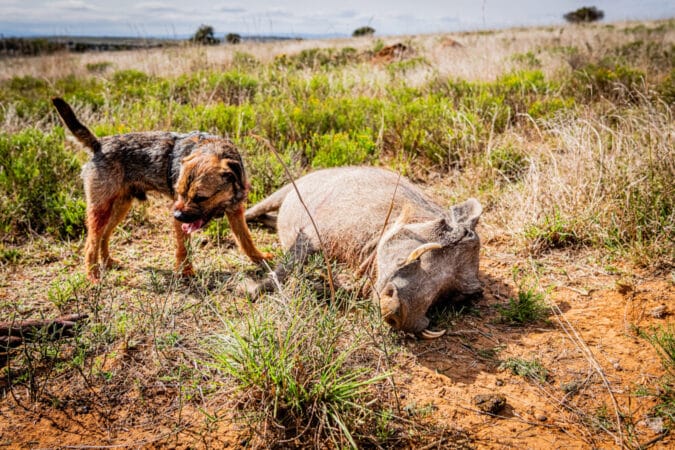
The morning we left, our host at Wolwekrans asked us which way we were heading — we had only a general idea of heading to Kruger National Park. He mentioned that we stop and see Sudwala Caves, since it was on our way. Now, I’m typically not one to take other people’s suggestions on where to go and visit. I typically just stick to what I want to do and see. But this trip was about doing things differently, and I didn’t know it at the time, but the caves held something within that couldn’t be advertised.
We came upon Sudwala Caves within a quick 20-minute drive and pulled in. One of the first things they teach you on the tour is that the mountain the caves lie within was formed 2,800 million years ago. At first that seemed like a joke. How can that number be attributed to anything? It’s too large to even fathom. Then, we were told the caves within the mountain were formed 240 million years ago, and again I was left wondering how, in the minute scale of the human experience, can I ever truly understand that? What’s the difference between 2,800 million and 240 million years to my insignificant life? The only conclusion I could come up with is that one has more words than the other. I simply couldn’t comprehend it.
As we walked through the caves and our guide told us facts about the different natural features within, we began to hear music. Our guide told us earlier that within the caves lay a natural amphitheater, from which we heard singing. I quickly turned on my camera and hit record. Even though the caves were so dark, the camera barely picked up any light. But it was the music I wanted.
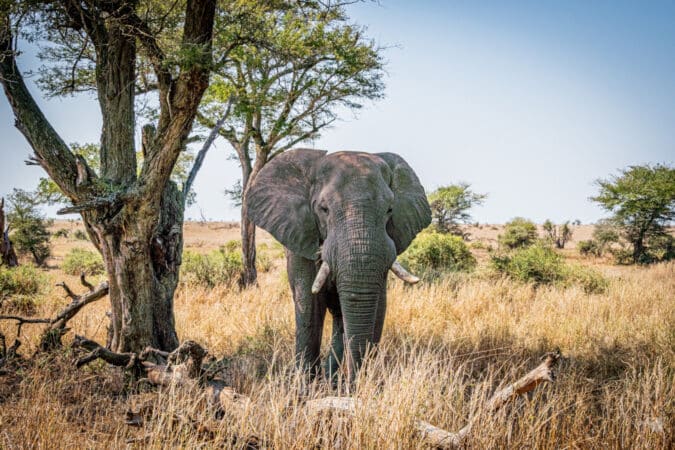
We shared the caves with others. Evidently, school visits were happening as well, and kids in droves were walking through, admiring the caves with same kind of awe we did. One of those classes paused in the amphitheater and began to sing. What they were singing, I don’t know and doubt I ever will.
To be honest, I really don’t care what it was. What I cared about was the sound of the children singing in a 240-million-year-old cave that I couldn’t comprehend and how it affected me while echoing through the caves.
I began to cry. As tears began falling, I started to feel emotions welling from my chest and expanding through me. I don’t know what came over me or where it came from in me, but what I do know is after that, I began feeling again.
I turned to my buddy and said, “I don’t know what just happened but that got me.” It’s funny how we so rarely have good words when we need them. I’ve had much more practice at writing about the pain I’ve felt in my life than the good and happy moments.
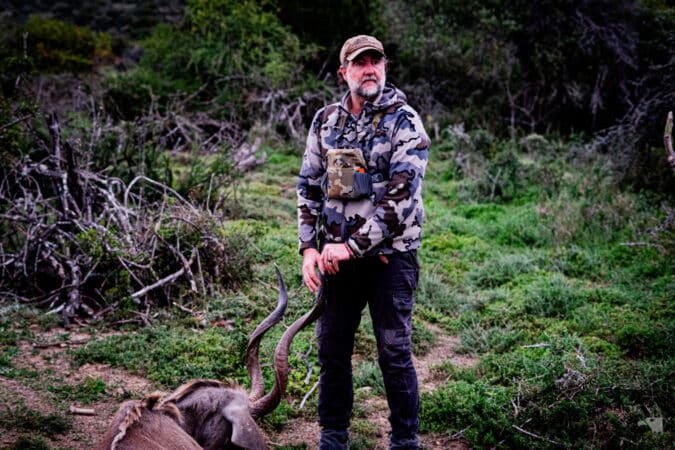
When the singing reached my ears, I told my buddy I must get down there. I don’t know why; I just had to. Hearing children sing so joyously in a place that old and in a language I didn’t know could mean … well, what exactly?
The words and feelings I needed that no one knew how to say or address? Recognition of the pain and struggle that I needed from the place it would never come from? Or it could simply be something I’ll never understand and don’t really need to. What it made me feel and what it brought back to the surface for me is all the understanding I really needed to know.
Read the full article here

